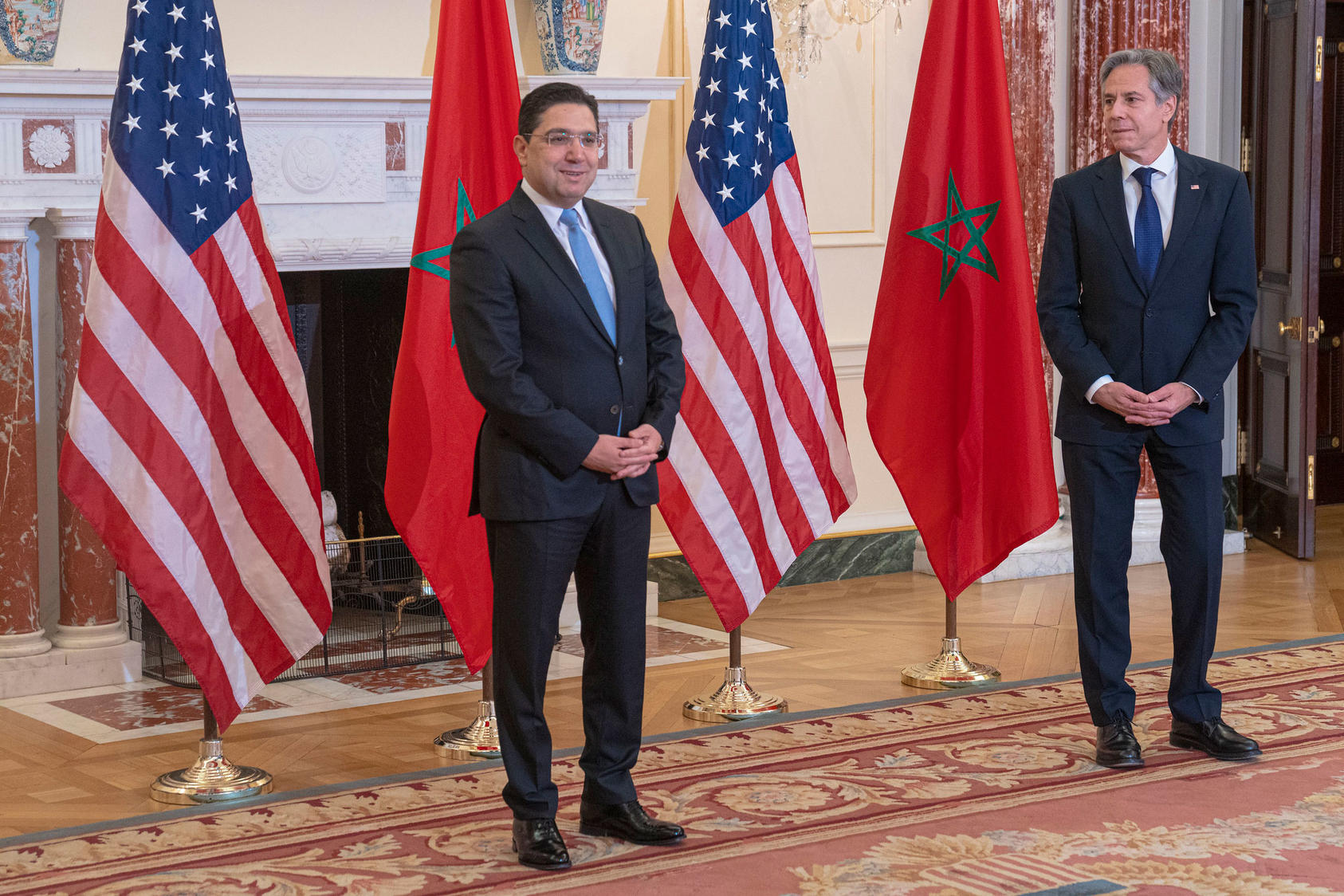
U.S. Support for Morocco’s Autonomy Plan

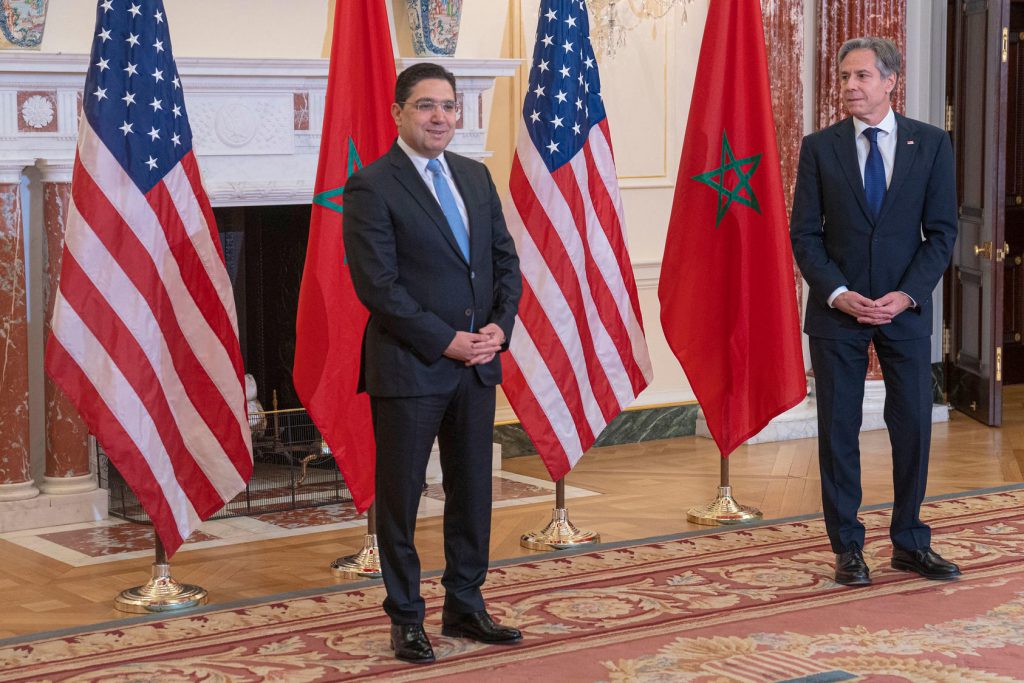
Welcome back to Africa Brief, where we take a look at the geopolitical developments shaping our world. Today, we delve into the longstanding dispute between Morocco and the Polisario Front over Western Sahara—a region awaiting a UN resolution. As we saw last November, the U.S. has signaled its support for Morocco’s autonomy plan during a meeting between U.S. Assistant Secretary of State for Near Eastern Affairs Barbara Leaf and Moroccan Foreign Minister Nasser Bourita in Rabat. This stance not only bolsters Morocco’s position but also raises important questions about the potential resolution of one of North Africa’s oldest territorial disputes.
The dispute between Morocco and the Polisario Front, one of the oldest problems awaiting a UN resolution, remains topical under the US lens. Last November, US Assistant Secretary of State for Near Eastern Affairs Barbara Leaf and Moroccan Foreign Minister Nasser Bourita met in Rabat. The main topic of discussion was, of course, the impact of Western Sahara on Morocco. As a key country in North Africa, Morocco has been trying to express its position on Western Sahara through diplomatic channels. Especially the fact that the United States, which has a global influence, has sided with Morocco raises the question of the final solution to the Western Sahara problem.
Morocco has been trying to express its autonomy plan for Western Sahara in the world public opinion at every opportunity, and its long years of struggle have been met with a lukewarm approach from many states, especially the United States. The support of the US, in particular, will increase Morocco’s geopolitical power.
So why did the US decide to support Morocco’s autonomy plan? The answer to this question cannot be provided from a single perspective. The U.S. conducts many political policies outside its own geography. The U.S., which plays an active role especially in the Middle East, wants to maintain the same influence in Africa. However, it will be difficult to gain the trust of a geography that has been trapped in colonization throughout history and has lost confidence in the West.
In addition, Morocco, which is close to the West, has the potential to contribute to migration to Europe. The U.S. may have taken a position in favor of Morocco in order to prevent such a migration problem. As a result, it seems that the US will continue to establish an alliance with Morocco by trying different policies.
In the period we are living in, mediation activity is increasing in the eyes of countries. In this case, states that have lost confidence in the West can be reassured by the mediation initiative. This is an opportunity for the U.S. to build trust, especially in the African region. However, there is a problem in the U.S.; this problem draws public attention to the support for separatism from two different fronts: the supporters of the Algerian-Polisario Front and the Biden administration. The winner of this separatist idea was the Biden administration.
With Biden’s support for Morocco’s autonomy plan, many Western states gave political support to Morocco. As a result, the Moroccan government started to turn the Western Sahara problem in its favor and bring the solution closer to the autonomy plan. However, in order to achieve this, although it has intervened within the legal framework, it will inevitably be in a compromising situation with neighboring countries.
Without going too far back in history, it is only in the century we are living in that we are confronted with the problem of territorial disputes between countries arising from colonies. The main source of this problem stems from the legacy left by Western states to undeveloped and developing states and has become one of the most insoluble problems.
Finally, it is undeniable that the positive attitude of the U.S. towards the Moroccan administration is due to its desire to appear as the leader of peaceful solutions in Africa. As mentioned at the beginning, taking the side of Morocco, which is an important state in North Africa, especially as a gateway to Europe, is an important step towards protecting the European continent and the European Union.
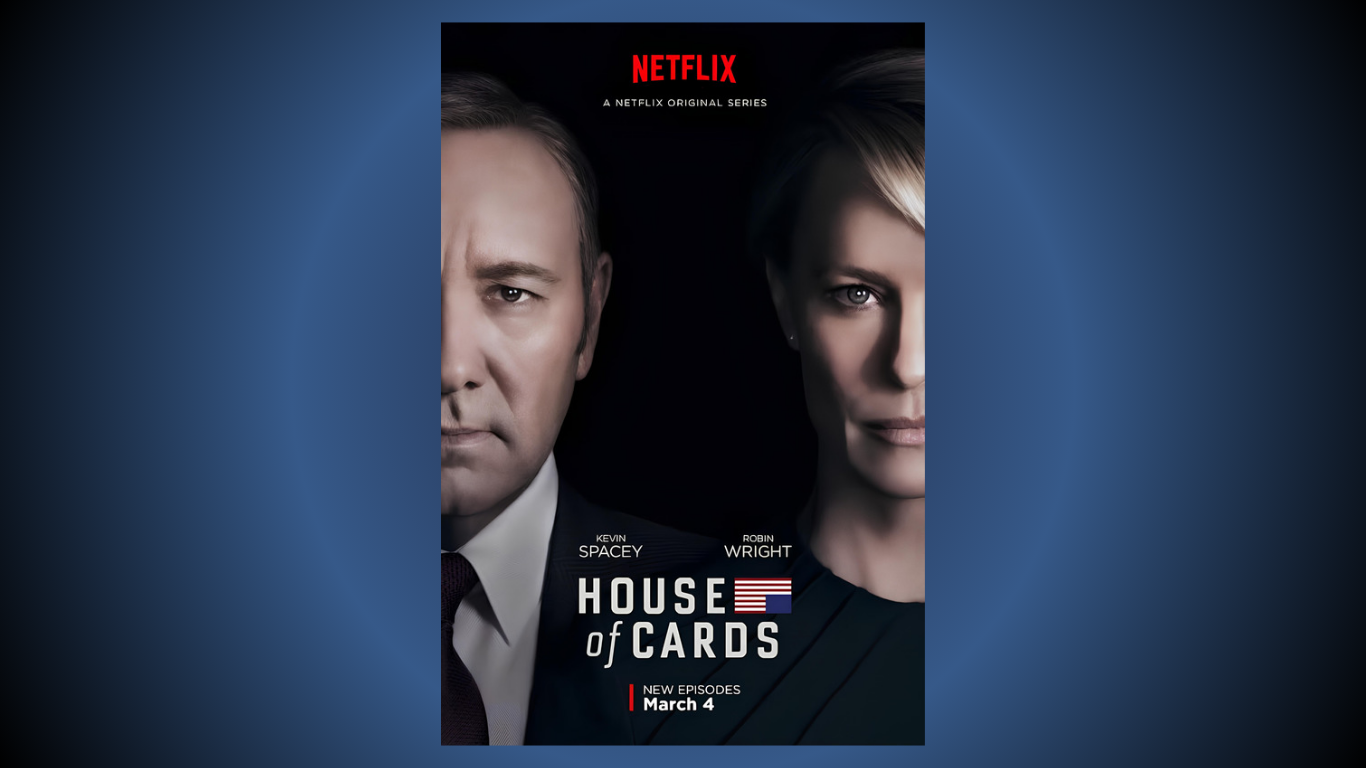
Power’s ethical toll. Thought-provoking critique of human nature in politics.
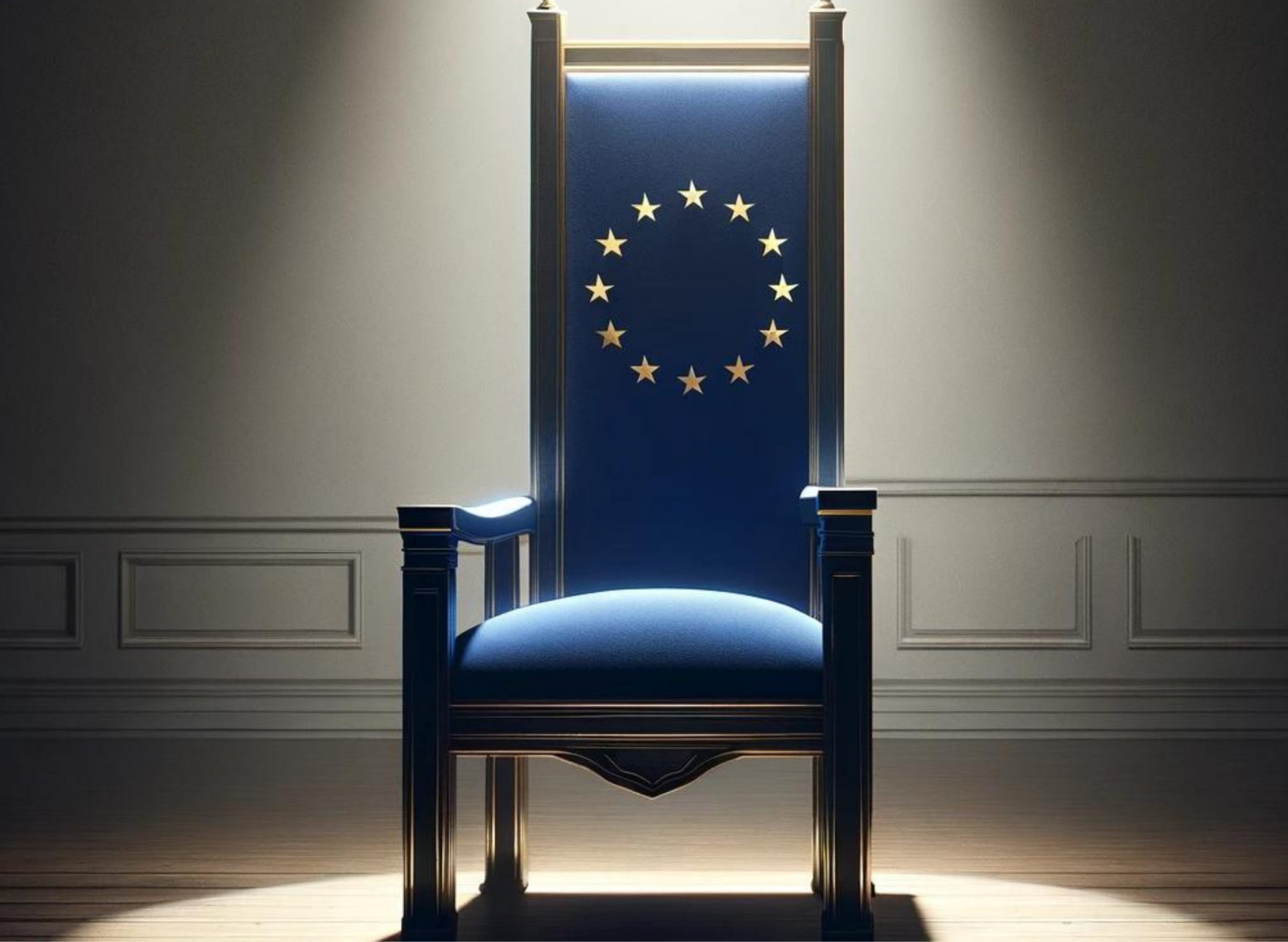
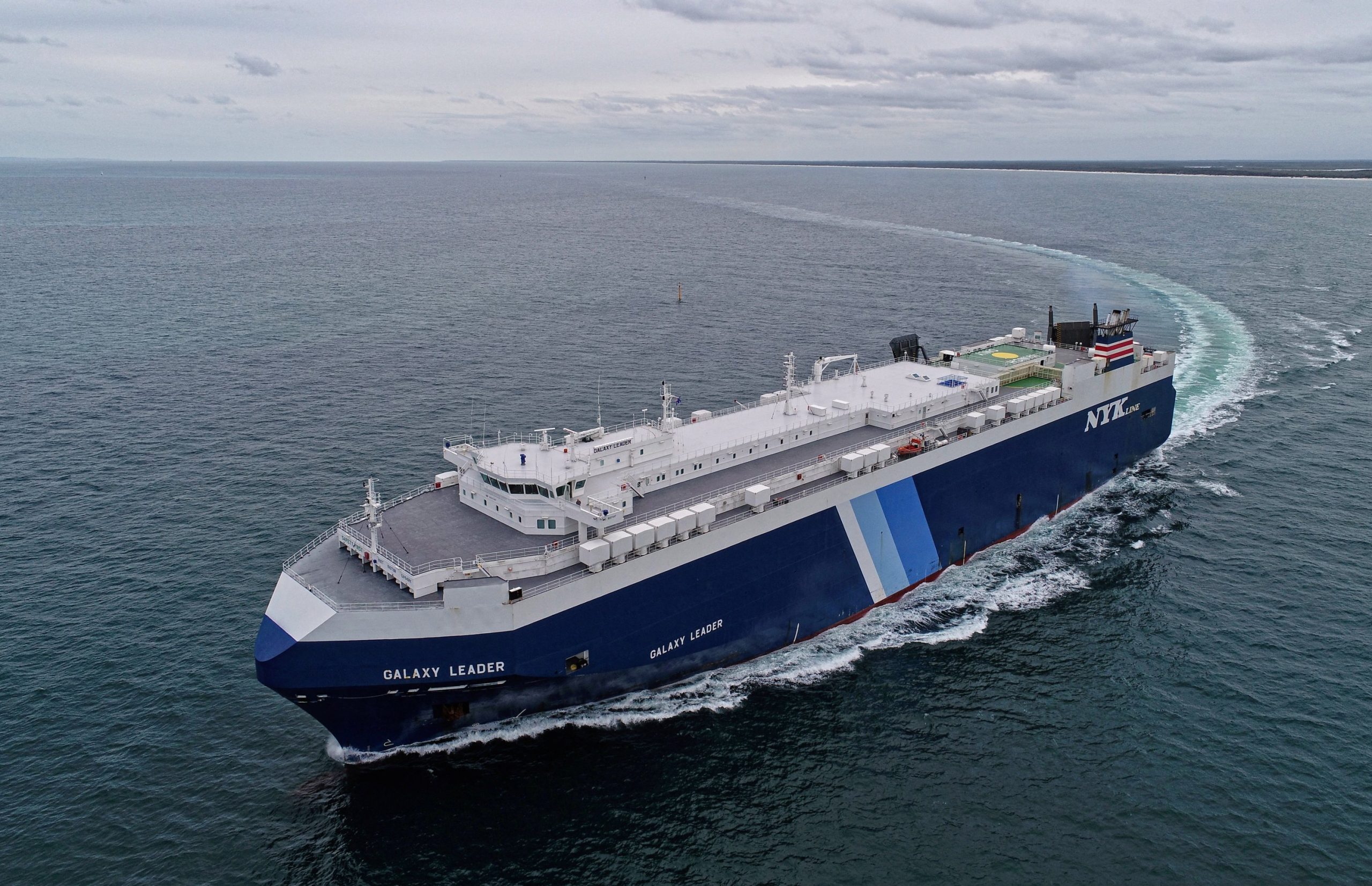
The Houthi group, involved in Red Sea piracy and the Yemeni civil war, is not universally designated as a terrorist organization.
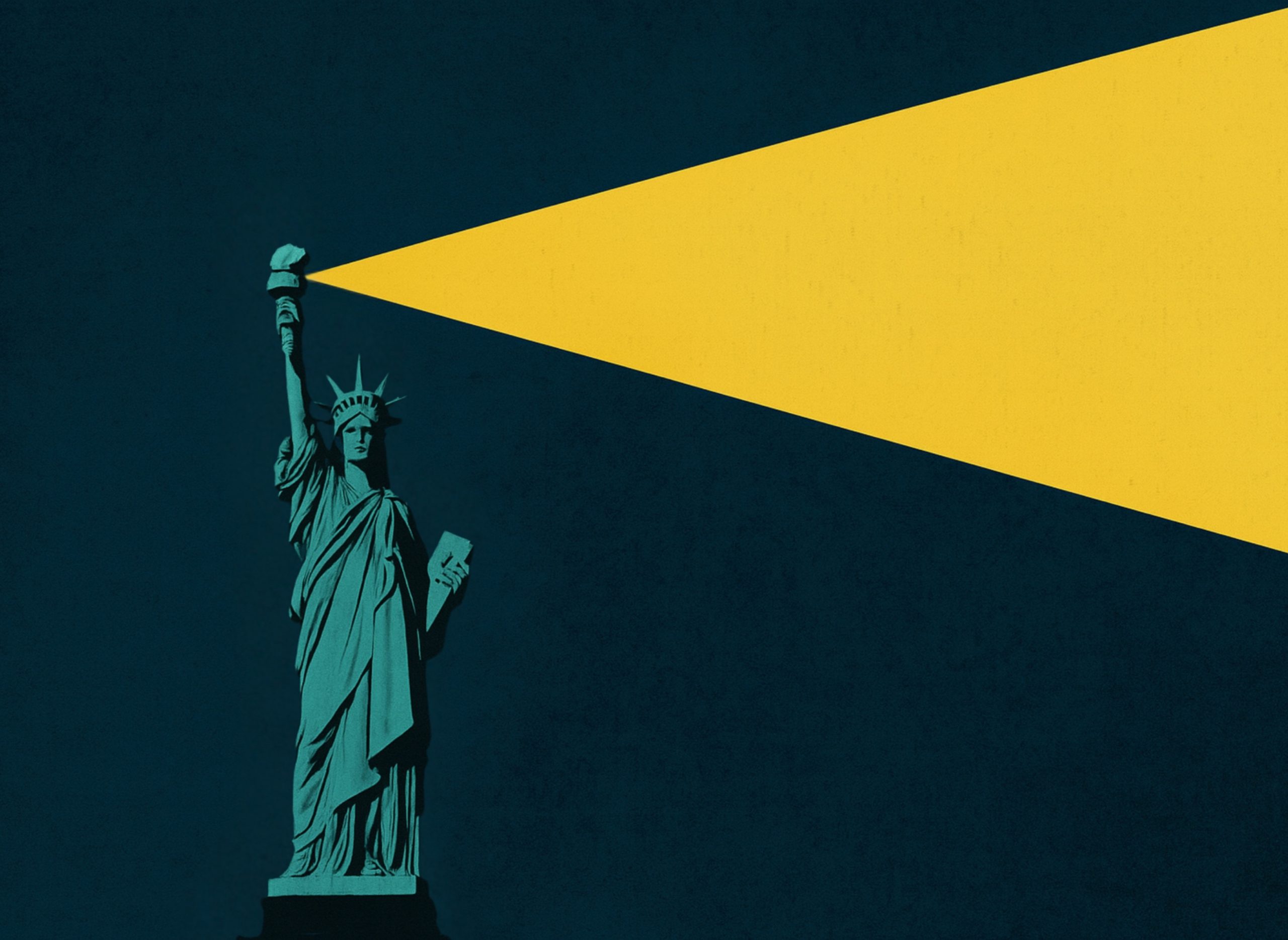
Written By: BATUHAN GUNES
Written By: KRISTIN HYNES
Written By: ERIC SONG
Written By: ALEXANDER BERGH
Written By: KATE-REID SMITH
Written By: JOSEF SCHOEFL
Written By: PATRIC MCFARLAND
Written By: FATIH CEYLAN
FA’s flagship evening newsletter guilding you through the most important world streis ofthe day. Delivered weekdays.
